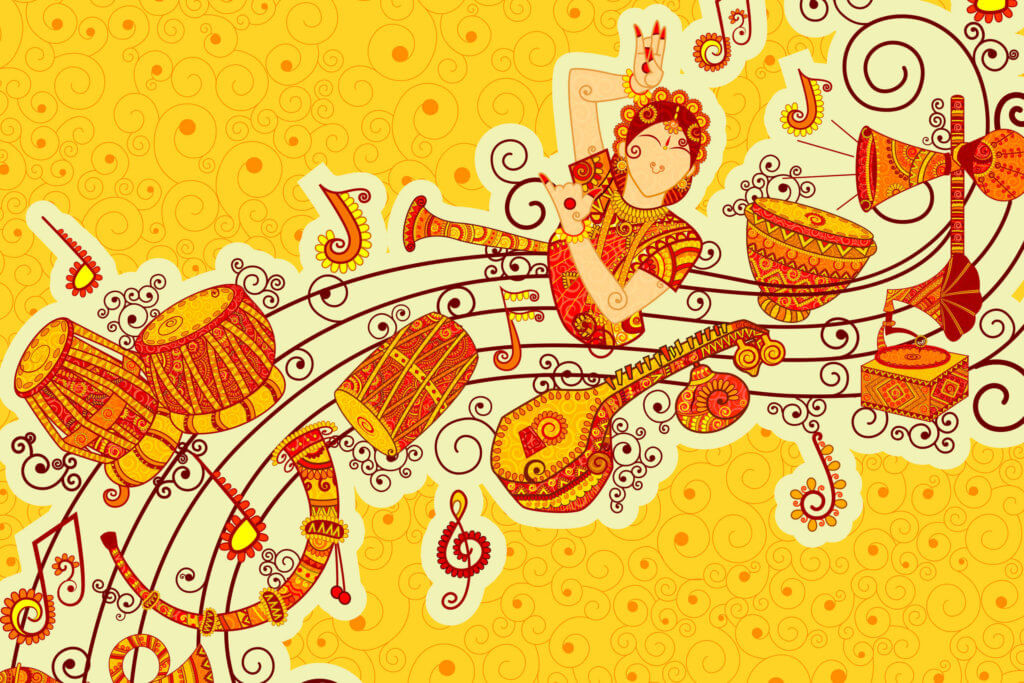
Annual Giving Campaign - 2024-2025 is under way. Donate today by Clicking Here, and help us reach our goal.
So far $803,406 has been raised out of a target of $ 3 Million. Click Here to donate today and help us reach our goal.


This course is part of the following programs:
Enrollment into a Program of study

After completion of the course, the student should be able to:

While Hindu music traditions are diverse, the core of the various traditions originating in India stands out as unique with their emphasis on ‘the raga’ and ‘the tala’ and a core of commonality that is rooted in spirituality. Our goals are:
There will be a minimum of 1 contact hour every week. The class is structured in a way that promotes discussion and debate based on listening experiences and reading material. While the content being discussed in each class will be concluded within 60 minutes, the discussion time will be free format and can continue for an additional 30 minutes maximum. During the course, students will be required to submit two short essays. They need not be academic quality papers – but should be based on students’ self-reflection on what they have learned and assimilated so far.

Sign-up for HUA communications
Main Campus:
Administrative Office:
Sign-up for our free webinars
"*" indicates required fields
On the program page, there are multiple payment plan options to choose from.


